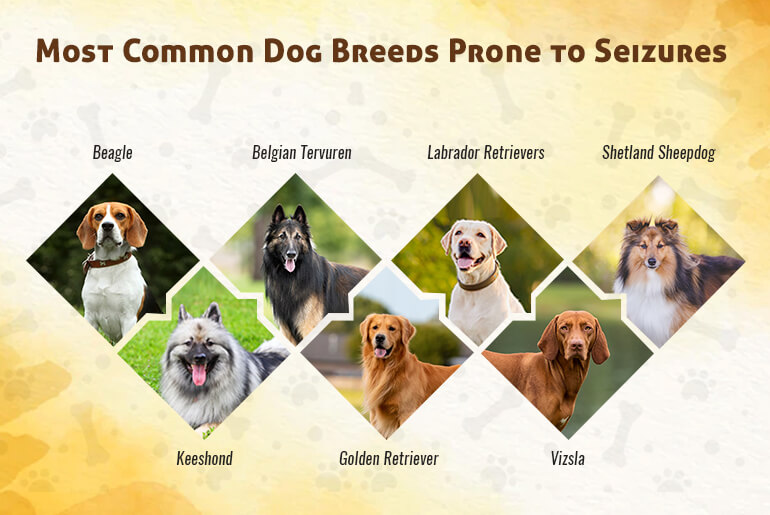Although it’s unclear how dogs can anticipate seizures, it’s thought that they can detect a change in their guardian’s scent. Prior to the capture, dogs are taught to paw, complain, or bark at their owners, or to engage in activities like pacing or circling.
This warning helps the pet parents to plan by seeking a safe location to avoid damage from a seizure. A seizure-response dog is another type of service dog that performs a variety of tasks after a seizure, such as standing beside its human companion to break their fall or retrieving a warning device or medicine.
Symptoms of Seizures in Dogs
Canine seizures are similar to human seizures. Although seizures appear to be quite dramatic, it’s important to remember that they are not painful for the dog. Muscle twitching, stiffening, and jerking are all common symptoms.
Drooling, tongue chewing, foaming at the mouth, and chomping are all signs of a seizure in dogs. Some dogs may become confused or disoriented after being apprehended. Symptoms include temporary blindness, walking in circles, and hiding.
Seizures can affect any dog breed at any time during their lives. However, due to genetics, certain dog breeds are more susceptible to epileptic seizures.
The Following Are 7 Dog Breeds That Are Frequently Used As Seizure Alert Dogs
1. Beagle:

The Beagle is one of America’s favorite dogs because it is friendly, social, and gets along with both humans and other dogs. The Beagle is a generally healthy dog with a lifespan of 12-15 years. However, they are one of the breeds most prone to seizures.
2. Keeshond
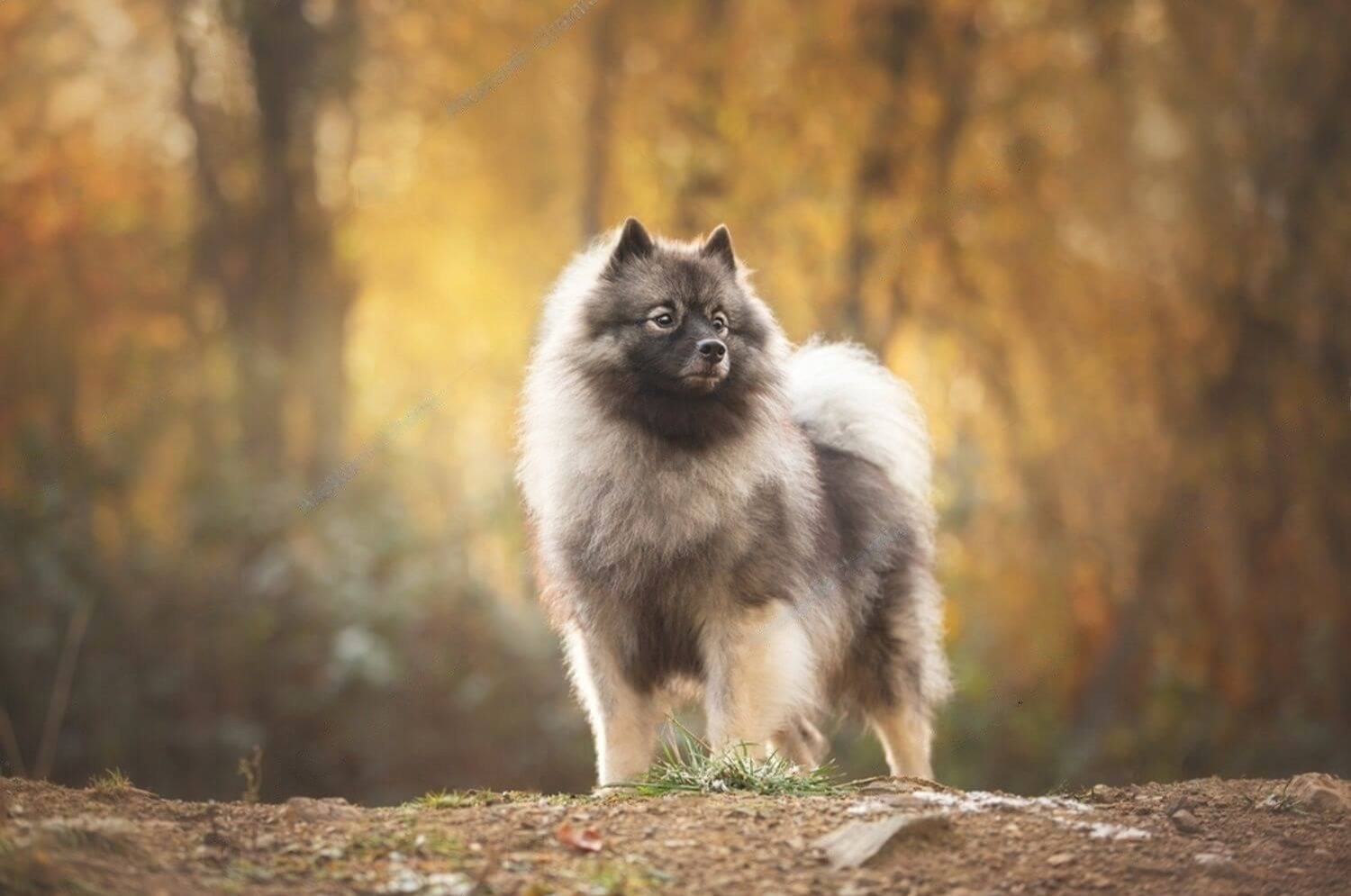
For its thick, multi-colored coat and knowing facial expressions, the Keeshond (pronounced kayz-hawnd) is a favorite of the dog show set. The Keeshond, while not as well-known as the Beagle, yet is popular in its way. While the dog is considered one of the healthier breeds, it is at high risk for Idiopathic Epilepsy.
3. Belgian Tervuren
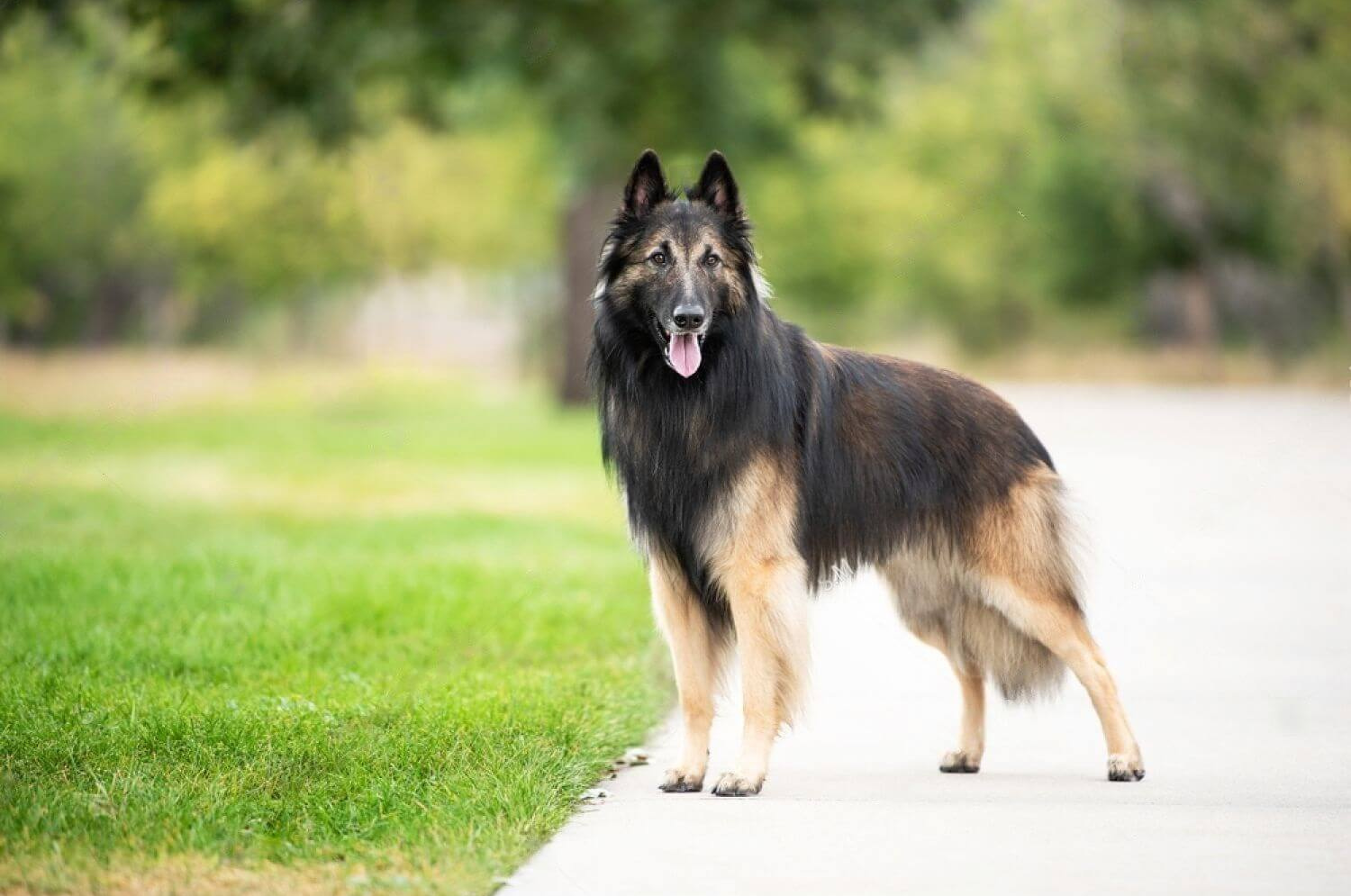
The Tervuren is an alert, curious, and intelligent working dog who enjoys mastering tasks and getting plenty of exercises. Seizures have been reported in this breed, which can be alarming for owners.
[Also Read] Cost-effective Ways to Save Money on Dog Training
4. Golden Retriever
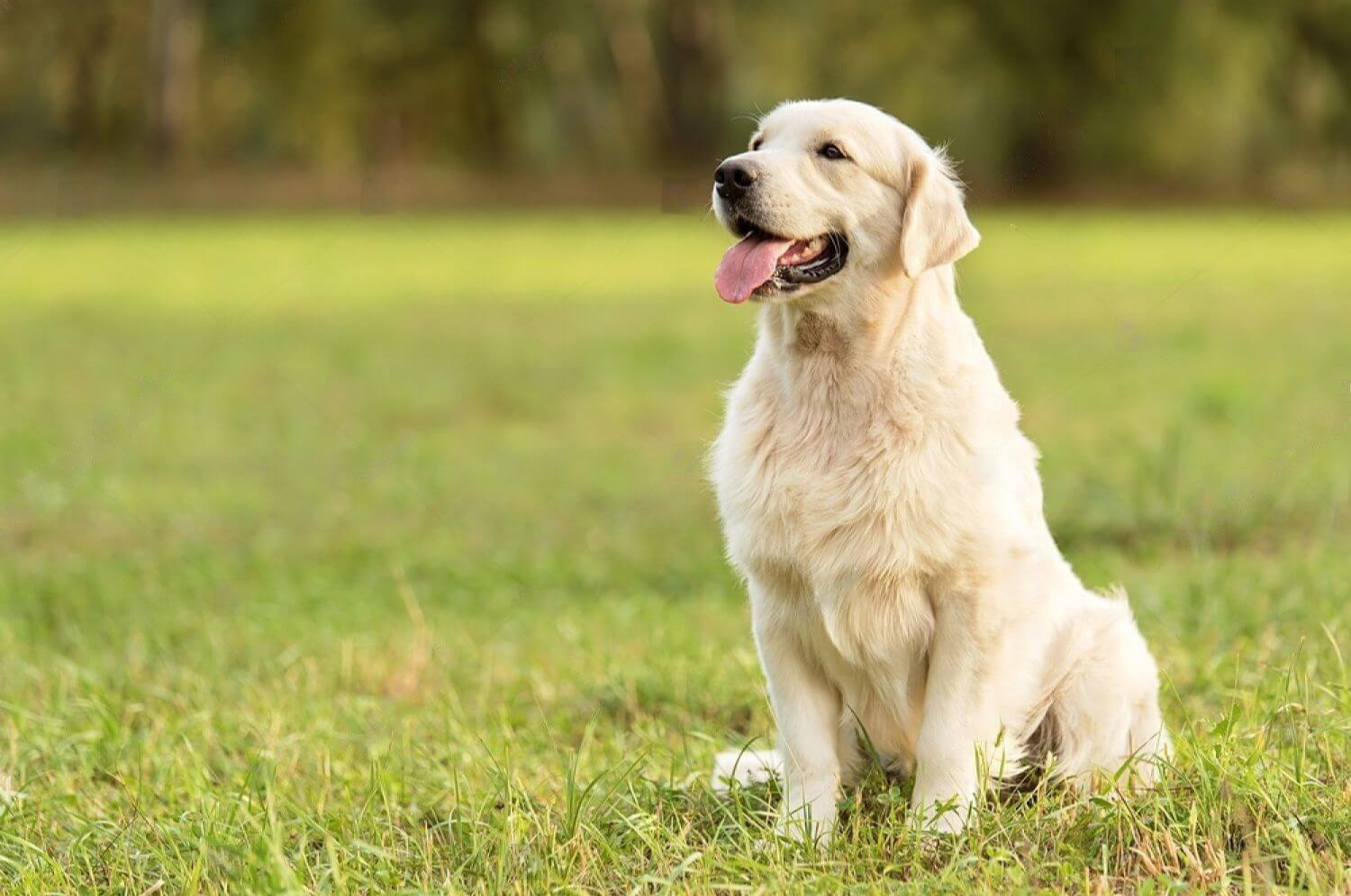
Golden Retrievers are a breed that needs no introduction. According to statistics, they are the third most popular dog in the US. The Golden Retriever is a well-loved family dog with an unflappable personality and a perpetual smile. However, the breed carries several health risks, including epilepsy.
5. Labrador Retrievers

Labrador Retrievers (black, yellow, and chocolate) are the undisputed kings of dog popularity. They enjoy swimming, fetching, and bonding with their human families. The Labrador Retriever, like the Golden Retriever, is an excellent example of a wonderful dog that is genetically predisposed to Idiopathic Epilepsy.
6. Vizsla

This medium-sized breed is gaining popularity because it is both highly energetic and incredibly gentle. Vizslas have become a favorite for both dog shows and families due to their short and attractive coats. The breed’s high energy makes it an excellent hunter, but it could also be the cause of its seizures.
[Also Read] Common Skin Problems in Pets and How to Treat It
7. Shetland Sheepdog
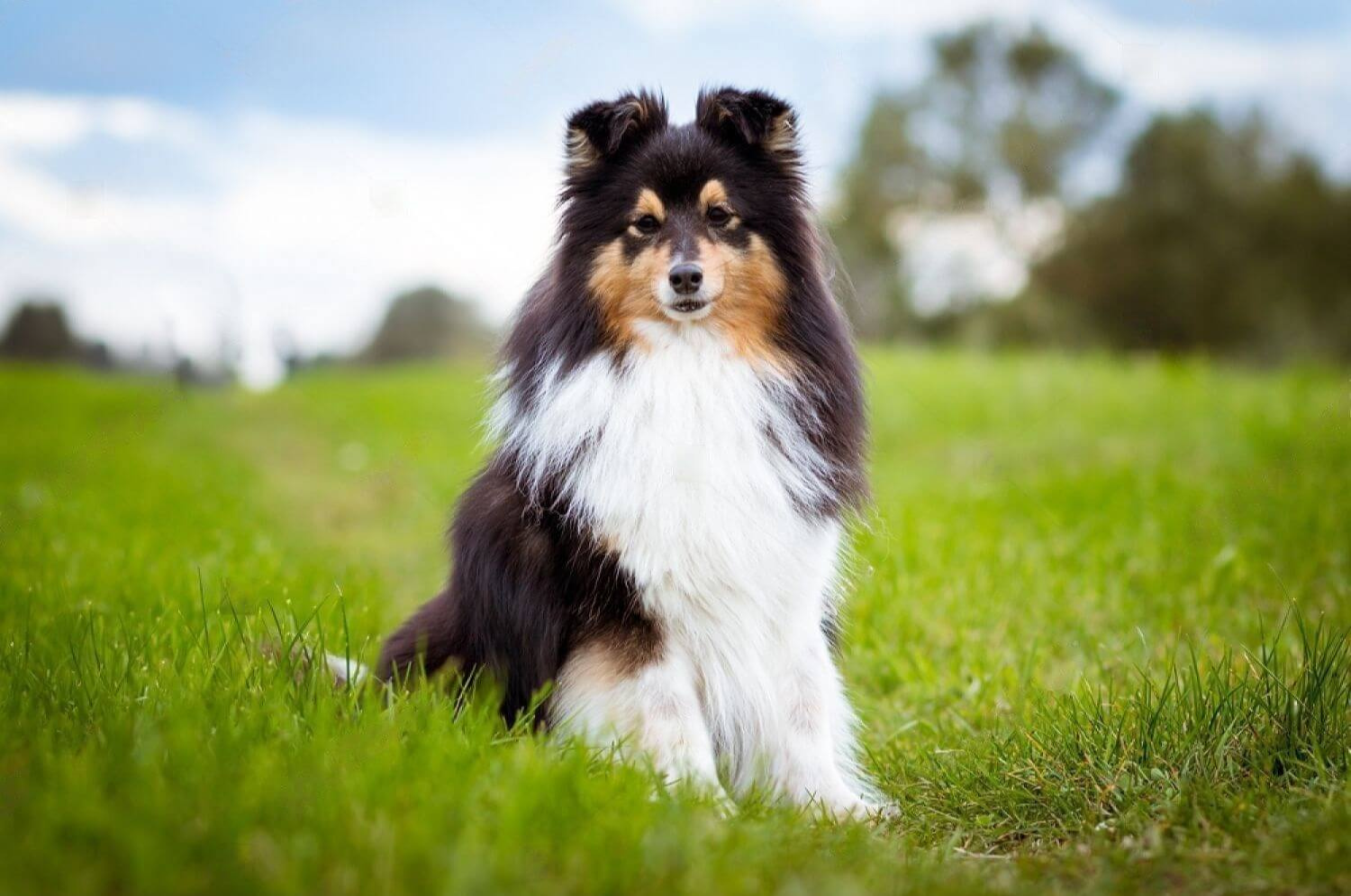
The “Sheltie” is a master of agility, tracking, and obedience, as well as a popular breed among dog owners. It’s heartbreaking for owners to see these balls of fur and energy have a seizure, but it’s not uncommon in the breed.
These seven breeds, as well as a few others, such as the Bernese Mountain Dog, Poodle, and Saint Bernard, have epilepsy genetic predictors. If you have any of these dog breeds, take them to your veterinarian for testing and advice on what to do if your dog has a seizure.


